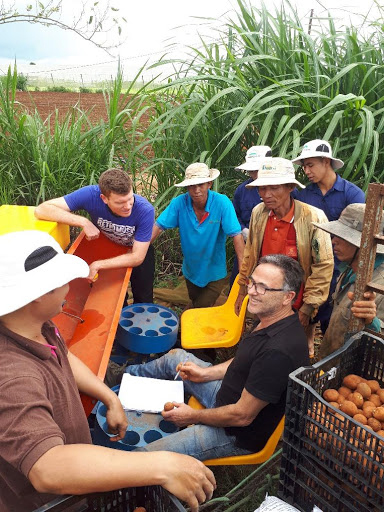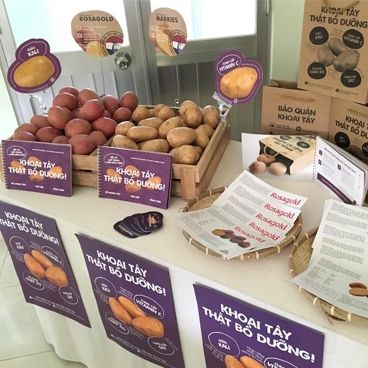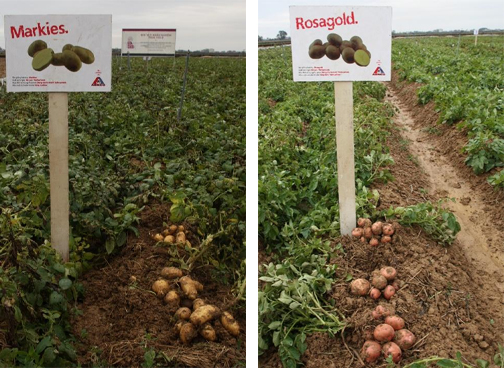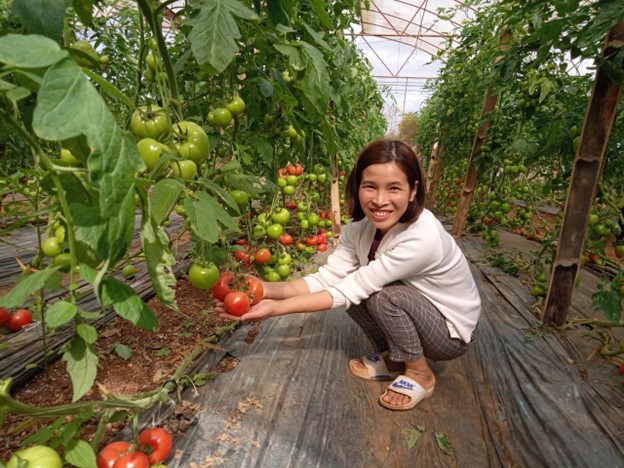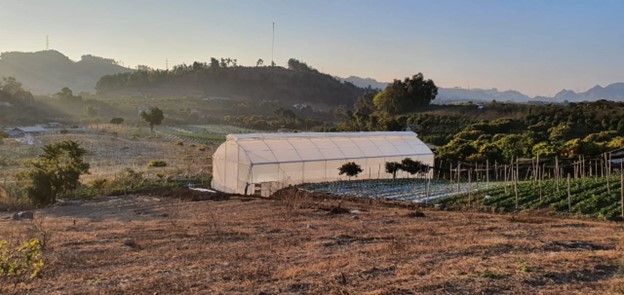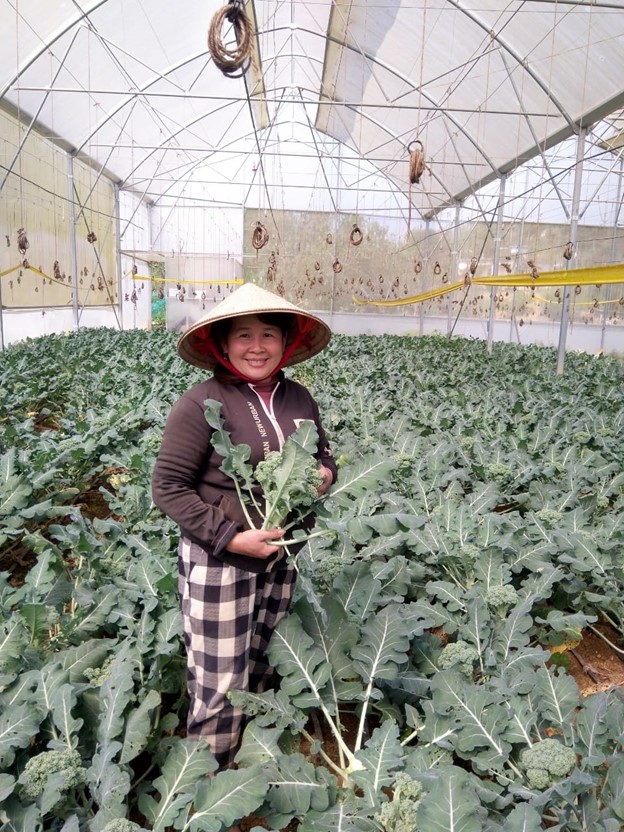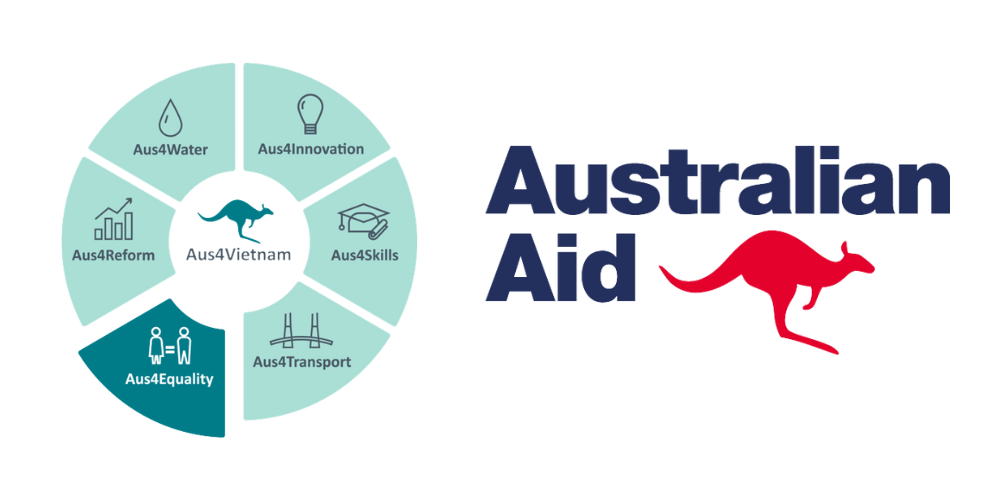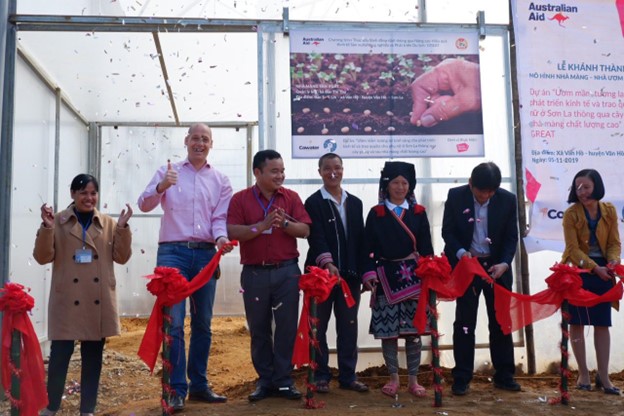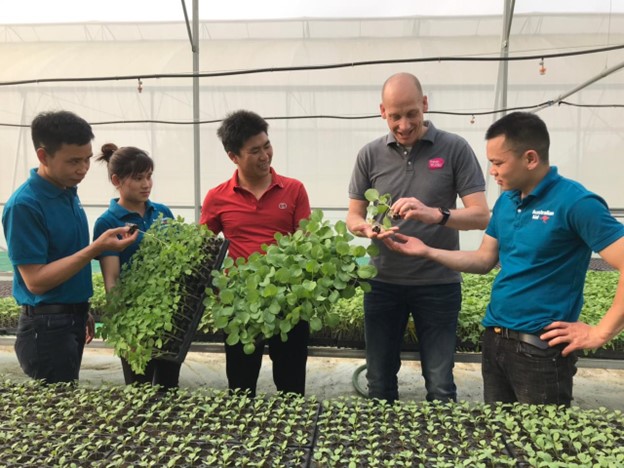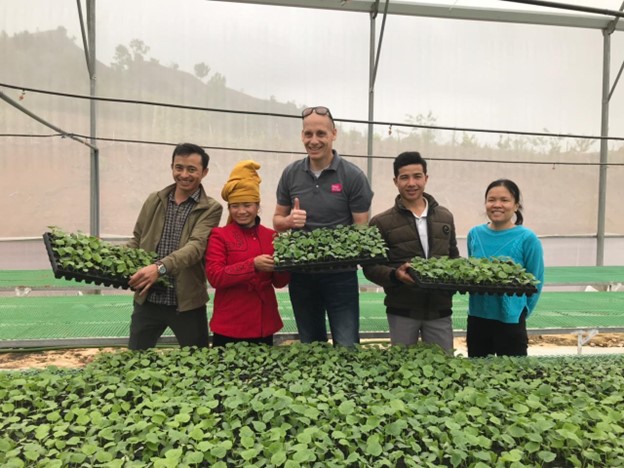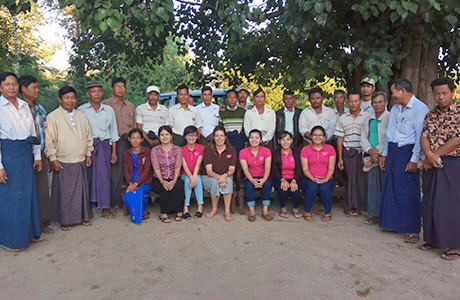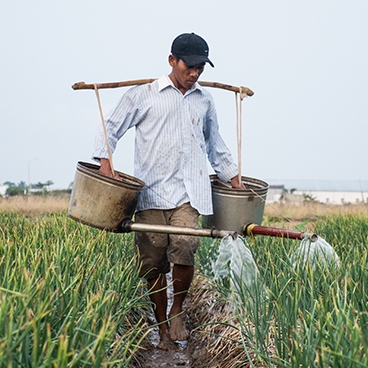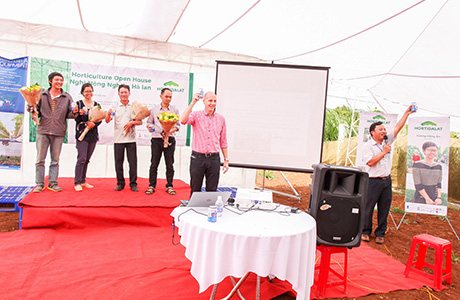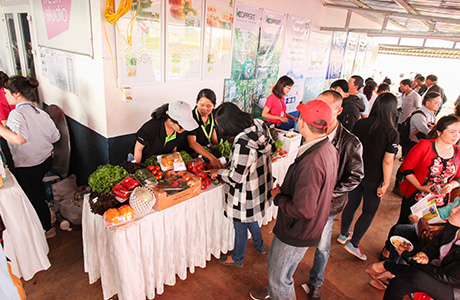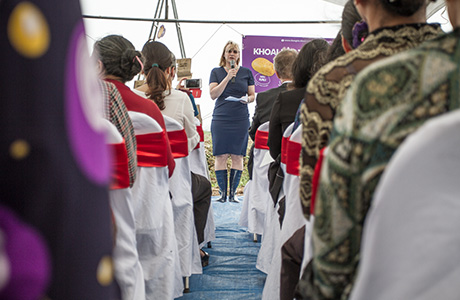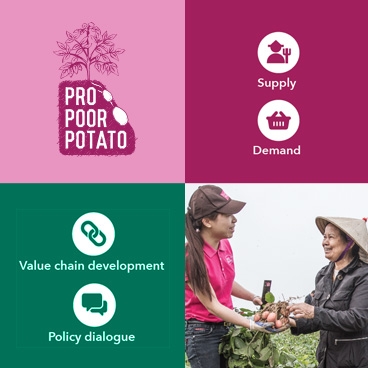Since its launch in 2014, the ‘Growing out of poverty with potato’ project made a great deal of progress to develop the potato sector in Vietnam and we are pleased to share the results of the 4th project year. With the launch of the new potato campaign Gia Dinh Ha Lan with the slogan: “Born in the Netherlands grown in Vietnam” the introduction of Dutch potato varieties in Vietnam entered the next phase.Goi
During the 4th project year the focus of the project activities shifted further to support the commercial introduction of the potato varieties Rosagold and Markies as both varieties neared the requirements to complete the registration process for commercial introduction in Vietnam. To support the market introduction the marketing and branding campaign related to Dutch potato varieties was updated after further consumer research and feedback on the materials developed. With the launch of the brand Gia Dinh Ha Lan the commercial introduction Markies and Rosagold can be further supported with marketing and branding activities, materials and media.
Looking already beyond the project time line, for 4 more potato varieties the start of the registration process for commercial introduction was made, based on good trial results. Increasing the portfolio of potato varieties available for Vietnamese farmers will further support the development of the potato sector in Vietnam and contribute to the long-term impact of the project.
Please find below a summary of some major project results or activities during the 4th project year. For more information please find the full annual project report through the link below:

Supply development
- Reached all potato variety registration requirements to pass registration of Markies and Rosagold
- Continued registration activities of 5 potato varieties
- Further training of potato production advisors in mechanisation of potato production
- Total of 2,014 farmers (72% female) completed training in potato production (seed preparation, fertilization, disease prevention, processing and preserving the harvest
- Total of 52 potato production advisers trained in potato production to assist potato farmers and help establishing contracts between farmers and traders
- Continued efforts to increase farmer income through potato production and gender inclusiveness
- 5 additional persons attended the potato training at the Potato Business School in Emmeloord
Demand development
- 103 households prepared 4 newly selected potato varieties at home and provided feedback per potato variety
- 818 consumers interviewed to get more insight in their potato preferences
- Updated marketing and branding activities and materials for Dutch potato varieties
- Launch of Gia Dinh Ha La marketing and branding campaign
- Continuously online potato awareness campaign
- 45 persons at retailers trained in added value of Dutch potato varieties and potato sales strategy
Supply chain development
- 2 signed collaborations between the project and potato traders
- 36 field days organized, attended by 19 traders and 534 farmers
- Total of 1,358 farmers (64% female) signed contracts with traders to deliver potatoes, covering an estimated 1,358 tons of table potatoes
- Total of 1,793 contracts for processing potato realized
Policy development
- 2 meetings with the Potato Policy Discussion Platform

